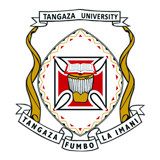Directorate of Catholic Identity and Community Engagement
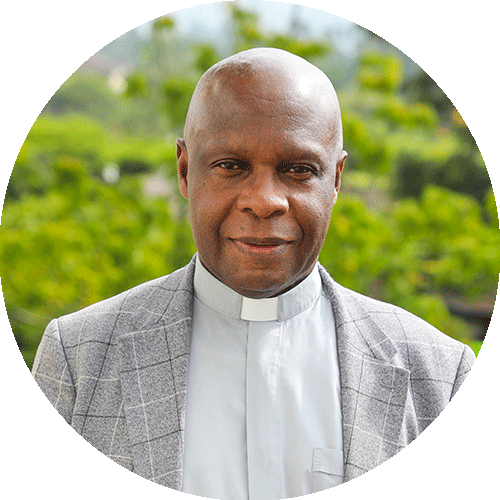
Rev. Prof. Jude Chisanga
Drector, Directorate of Catholic Identity and Community Engagement

Rev. Prof. Jude Chisanga
Drector, Directorate of Catholic Identity and Community Engagement
Introduction
The Directorate of Catholic Identity and Community Engagement is the newest created Directorate at Tangaza University. The Director is Rev. Dr Jude Mulenga Chisanga, a priest of the Archdiocese of Ndola in Zambia. Its aim is to translate academic work into daily life. It consists of the following programmes: Service Learning, Inclusion Office, Safeguarding and Chaplaincy. The Co-ordinator of Service Learning is Dr Judith Pete; the Co-ordinator for the Inclusion Office is Ms Brenda; the Co-ordinator of the Safeguarding Programme is Sr Dr Jacinta, while the Chaplain for Tangaza University is Rev. Fr Daniel Karau.
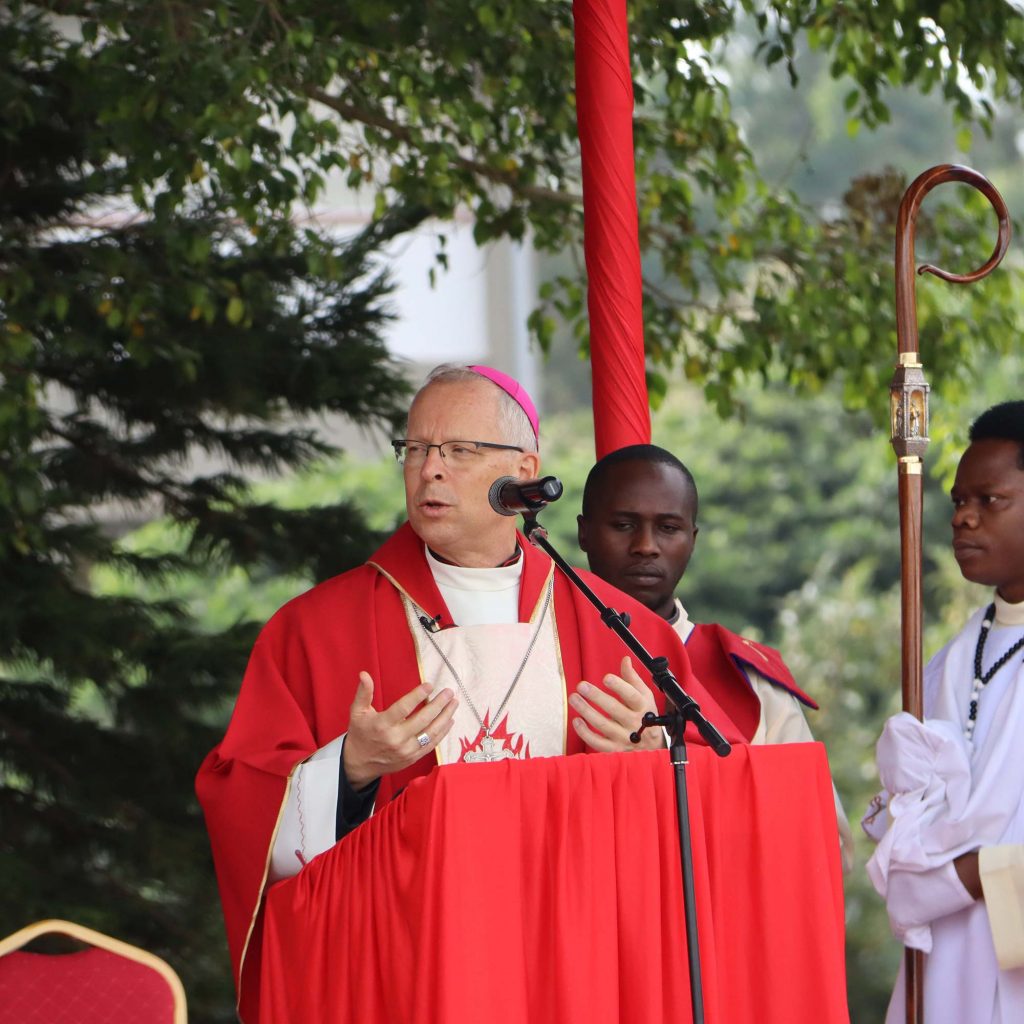
Tangaza University Chaplaincy
According to the Oxford Advanced Learner’s Dictionary of Current English, a Chaplain is basically a priest or clergyman, especially in the navy, army or air force, or officiating in a Chapel.[1] We are particularly interested in a Chaplain who officiates in our Chapel at Tangaza University, and delegates other priests to do likewise, and takes care of the spiritual and pastoral needs of people who come to the university compound, to learn or work, and extends a hand to the outreach areas of our university. In this regard, we are talking about Catholic Chaplaincy and its activities at Tangaza University, and its outreach areas.
The first component of the new Directorate of Catholic Identity and Community Engagement is Chaplaincy. Chaplaincy at Tangaza University takes care of activities like Confessions, recollections, weekly Thursday Community Mass, which takes place in the university Main Hall at 12:25 pm. The Monday to Friday 7:30 am Mass, which takes place in the University Chapel situated on the second floor of Imani Building. In Tangaza Women Hostel, Mass is held on Monday and Tuesday mornings at 06:30 am, while on Saturday, Mass there is held at 7 am. Recollections in Tangaza Women Hostel are held on the Third Sunday of every month.
Chaplaincy also oversees spiritual groups like the Charismatic Movement, which meets in the University Chapel on Monday afternoon, University Choir, liturgical dancers, servers, readers, acolytes and others. It organizes Lenten activities like the Way of the Cross, and special liturgies like Memorial Masses, prepation of the proceedings of the Inaugural Mass at the beginning of every academic year, visits of the Nuncio and Bishops, etc, Week of Christian Unity, which runs from 18th to 25th January every year. Initiates and monitors occasional offertory collection in kind and monitory form, for needy students, in conjuction with the Office of the Dean of Students.
[1] Hornby, A. S; Cowie, A. P. and Gimson, A. C. (Editors), Oxford Advanced Learner’s Dictionary of Current English, Twenty-Third Impression, Oxford: University Printing Press, 1986.
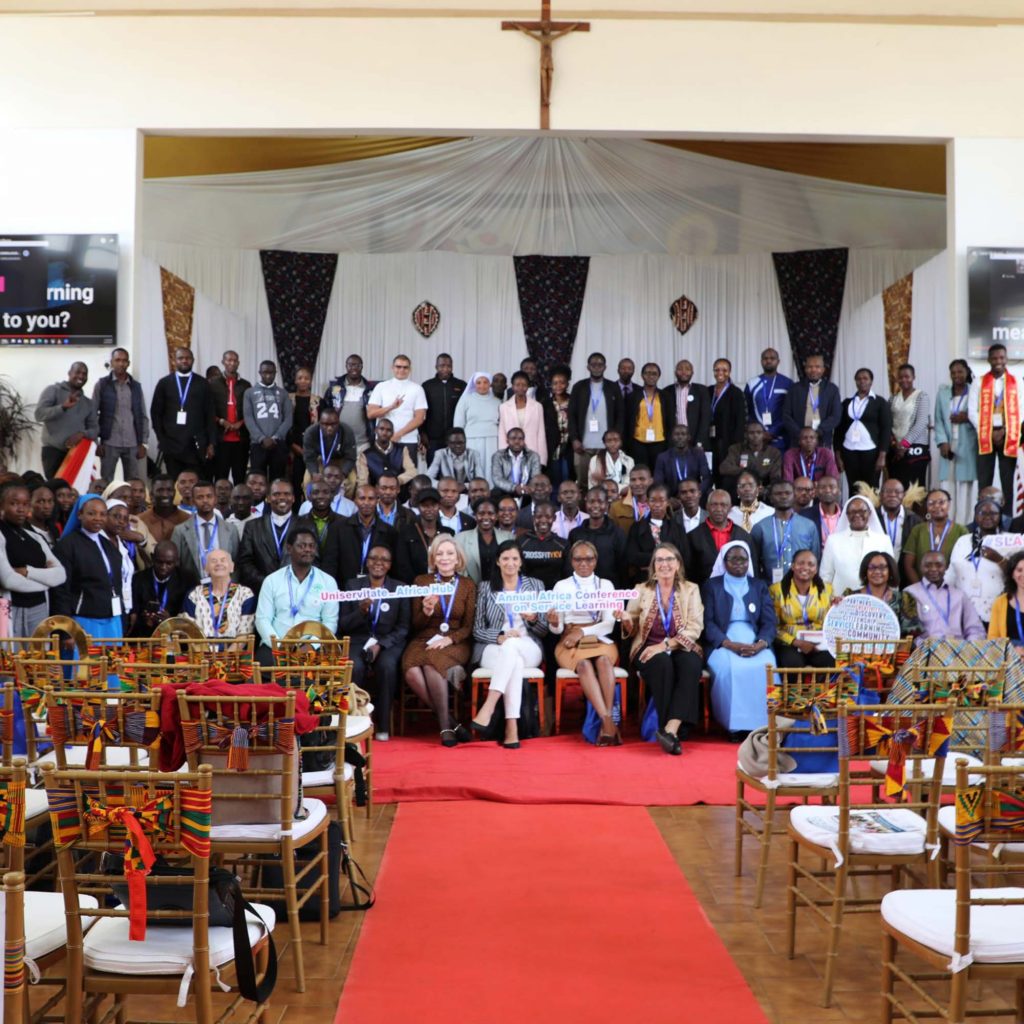
Service Learning
The Service Learning Programme, whose hub is here at Tangaza University, is a 10 years’ programme. The aim of this particular programme is to facilitate the linking of the theory taught in class, faith and community practice. For example, the programme tries to create awareness of the importance of taking care of our common home; the Earth. It tells us that there is a close relationship between creation and salvation. Creation is the sphere within which salvation is worked out.
According to the Second Vatican Council, humanity possesses a certain pre-eminence among created realities, which includes the responsibility of bringing creation to its God-intended fulfillment. But this should not lead to reckless disregard for the natural environment from which humanity emerges and in which it remains rooted. Human activities should lead the world into a life-giving relationship with God. Such activities are to be regulated by the values of justice and holiness. According to the Second Vatican Council, the basic norm for human activities is that in accordance with the divine plan and will, they should be in harmony with the genuine good of the entire human race, and allow human beings as individuals and members of society to pursue their total vocation and fulfill it (GS 34-35).
God does not bypass free actions of creatures in bringing the world to its final fulfillment. This is the kind of world in which our spiritual journey is to be carried out. Consequently, when seen from this perspective, Christian Spirituality is not a way out of this world to God, but a way in, and with the world, to God.
We are proud to note that out of the 7 hubs which exist in the world, Tangaza is one of them. Those which form part and parcel of the African hub of Tangaza University are the Catholic University of Central Africa in Cameroon, University of Kisubi in Uganda, Loyola University in Congo, Mwange Catholic University in Tanzania and the most recent one, which is the Catholic University of Malawi.
We have also since launched the “Uniservitate Africa Climate Justice Movement, which encourages us to continuously take care of the environment; how to reduce climate change; degradation and many other related components.
From time to time, there are some grants available for some projects under this programme, and so, be on the lookout so that when the chance arises you could apply and compete, eg. in essay writing.
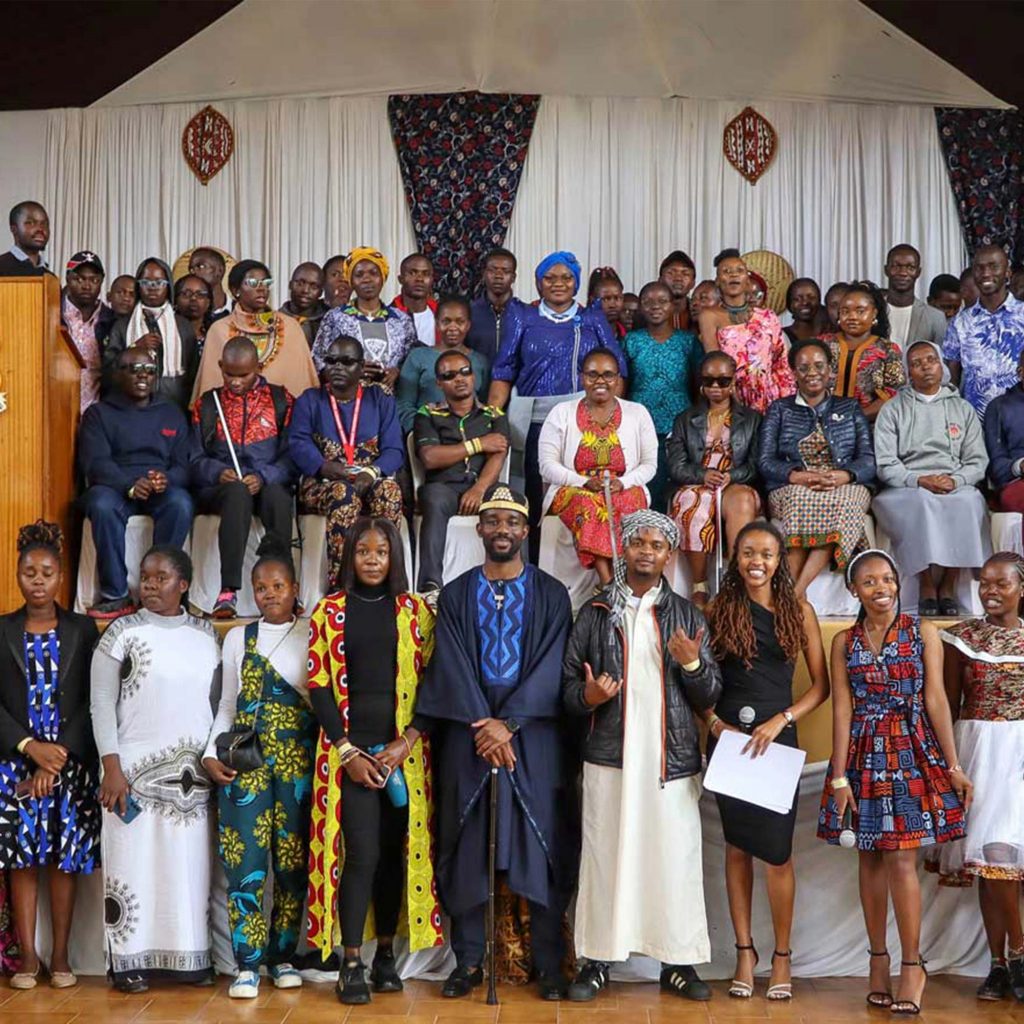
Disability Inclusion Office
The inclusion office aims at trying to normalize disability at Tangaza University and society. We need to see the bright side of disability, and do that which is helpful because it is like seeing the bright side of poverty. In this way, we normalize disability at Tangaza University and society; in that way, disabled people, in one way or another, are included in our communities. We are invited to confront ugliness with the project of beauty. That way, disabled people could then drive cars, own houses, etc. This means that appreciating whatever little one is able to achieve is important. There is need to adopt the so called ‘Social Model,’ which requires everybody to live happily, regardless of the status they could be in. As such we do not need to make a mistake of excluding anybody from our circles; the solution is to be inclusive. There is need to support people with disabilities. We need to be one with them, and in a way, being one means being equal and appreciate one another as gifts in our lives.
Many people have the impression that disability is a terrible thing. But disability does not need to be a limiting factor. We need to know that what we call disabilities are only differences in people’s lives. In fact, as people grow older, they will get more disabilities of one sort or another. For example, mental impairement could come with old age; and it may be called Dimentia. There are also some inherited conditions. So, we simply need to support people with disabilities.
At Tangaza University, we are conscious of the fact that we do not receive students from Christian backgrounds only, but also from other faiths. Consequently, we really want the Christian Symbol of the Cross of Jesus to be a symbol of inclusion and not a symbol of exclusion. We are aware that we also have students from other faiths, for example, Muslims, Hindus, etc. Everybody is most welcome to study here. Our Chapel, Hall, and every other space, are places of unity, inclusion, diversity and peace, and not places of exclusion. We promote inter-religious and interfaith activities and make our religious activities uniting factors.
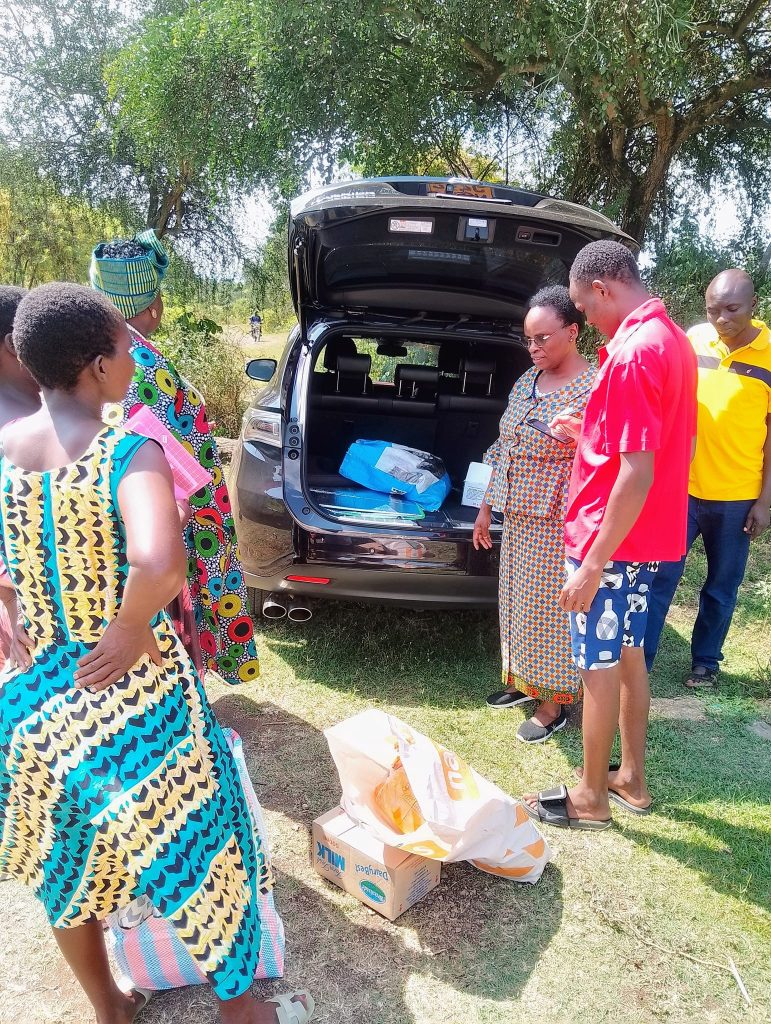
Safeguarding Initiative
The Safeguarding Initiative at Tangaza University is a program focused on the protection of children and vulnerable adults, both within the university environment and the broader Catholic communities in Kenya and nearby regions. Established in collaboration with organizations like Missio Aachen, the initiative aims to integrate safeguarding practices within church-affiliated institutions, training church personnel, educators, and healthcare providers on child protection and abuse prevention.
Led by Sister Dr. Jacinta Ondeng, an experienced educator and psychologist, the initiative has established courses on safeguarding within Tangaza University’s School of Theology. It also conducts workshops and develops policies for religious and educational communities, fostering a culture of accountability and safety. Additionally, the program includes research in safeguarding, contextualized to the unique cultural challenges in Africa, and provides support services, including therapy, for abuse survivors.
The initiative has expanded its work to provide humanitarian aid during crises, such as recent food distribution efforts to flood-affected areas like Nakuru County, highlighting its commitment to holistic care for vulnerable populations in Kenya and beyond.
- Langata South Road, Karen - Nairobi
- P.O. Box 15055 - 00509
- +254 722 204 724
- +254 733 685 059
- +254 208 067 667
- inquiries@tangaza.ac.ke



